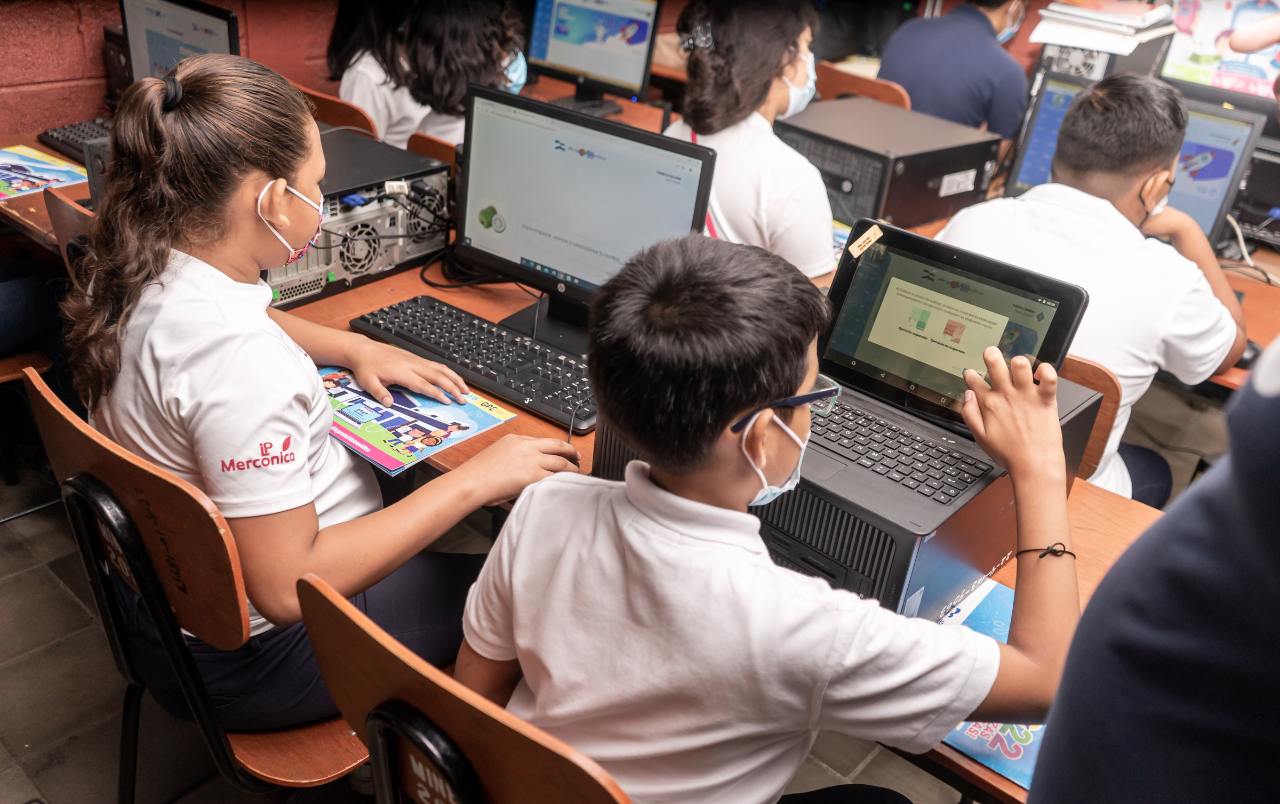Education technology in the Global South: From Access to Impact

[Cross post from southernvoice.org]
Education technology (ed-tech) is often seen as a shortcut to overcome long- standing educational challenges. This is an illusion.
Despite promising evidence, rarely deployed at scale, it is crucial to recognize that the mere presence of technology does not guarantee improved learning outcomes. As highlighted in the Southern Voice report Ed-tech in the Global South: Research Gaps and Opportunities, effective technology use requires addressing pedagogical issues, inequalities, governance, and a series of policy challenges. Deploying policies that hinge solely on technology as the answer to education issues often results in suboptimal levels, negatively impacting more vulnerable communities.
Challenges in the Global South
Even after witnessing the most ed-tech-intensive years during the COVID-19 pandemic, we have learned that implementing ed-tech solutions in the Global South presents numerous challenges for educators and policymakers alike. Access to technology is a long-standing roadblock for many. Schools lack basic infrastructure, such as reliable electricity, connectivity, and/or computers. It hinders the effective implementation of ed-tech solutions. Even when addressing the digital divide, other structural gaps need major consideration, which may not intuitively be associated with technology.
Addressing pedagogical issues is crucial, as integrating technology into classrooms requires effective pedagogical models for incorporation into teaching and learning processes, along with consideration of attitudinal and sociocultural factors.
This report makes a key contribution in emphasizing that technology and pedagogy are central, but not enough to ensure effectiveness. The lack of focus on governance and policy in existing ed-tech initiatives, coupled with resource limitations in the Global South, further complicates the development of solid policies and programs for ed-tech implementation.
The challenges documented in this study are diverse, covering access to technology, pedagogical issues, inequalities and vulnerabilities, governance and policy, and resource limitations. Understanding these problems is the first step in building robust solutions. The World Bank has developed a series of tools to understand and monitor the ed-tech landscape at the country level. They address infrastructure, pedagogies, and governance, which could help consolidate existing and future ed-tech policies.
Global analysis experiences for effectively using technology to enhance teachers’ capacities are also available. Today, governments may need to add another component to their roadmap in order to understand the implications of emerging cognitive technologies better.
.....
This article is an expert commentary on the report Ed-tech in the Global South: Research Gaps and Opportunities. The report is an outcome of a collaborative project led by the Group for Analysis of Development (GRADE) and Southern Voice, in partnership with three leading Global South think tanks –CSEA, SUMMA and IPS. Using a mixed methods approach, we explored the main factors shaping the use, design, and governance of ed-tech in the Global South, seeking to uncover critical priorities to foster better and more equitable learning for all. The initiative was commissioned by the International Development Research Centre (IDRC) to provide insights into the ed-tech ecosystem in the developing world.
[Cross post from southernvoice.org]

Posted in Research on May 04, 2024




